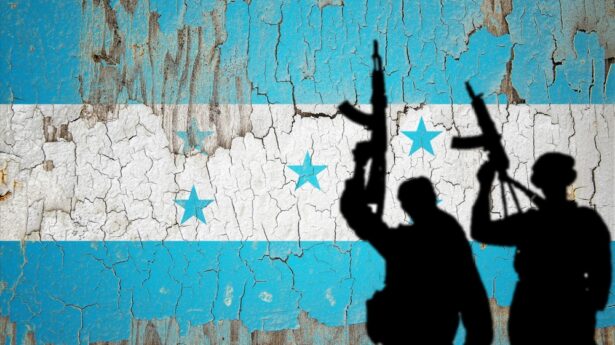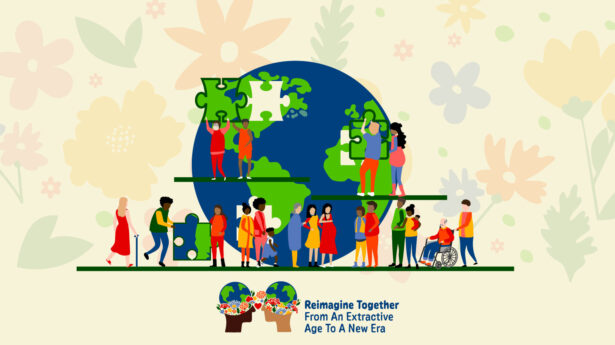The Unitarian Universalist Service Committee advances human rights through grassroots collaborations.
Haiti on My Mind
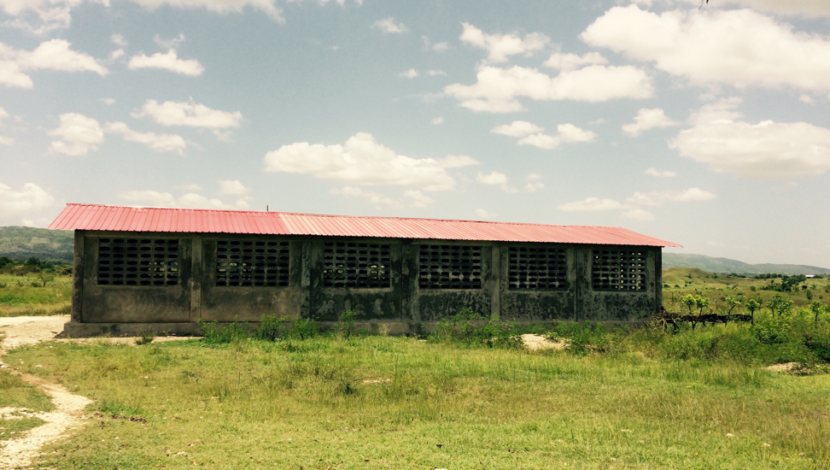
By Michael Kourabas on October 12, 2017
I’ve started the packing list for my trip to Haiti next week to visit with our long-time partner, Mouvman Peyizan Papay (Peasant Movement of Papaye) (MPP), Haiti’s largest peasant movement. We’ll be returning to the EcoVillages and EcoVillage school, first-of-their-kind projects to which UUSC, MPP, and many others have devoted significant time, energy, and resources over the last seven years.
A bit of background. After a 7.0 magnitude earthquake leveled much of Port-au-Prince in 2010, MPP used its headquarters in Haiti’s rural Central Plateau to shelter nearly 1,000 people who had been displaced from the capital. Despite their limited knowledge of agriculture, many people did not want to return to the city. So, with a significant amount of available land, an expertise in agro-ecology, and a long-term focus on peoples’ rights to healthy, culturally appropriate food, MPP asked UUSC to help create sustainable rural livelihoods for those who wanted to stay.
And so, the EcoVillage project was born!
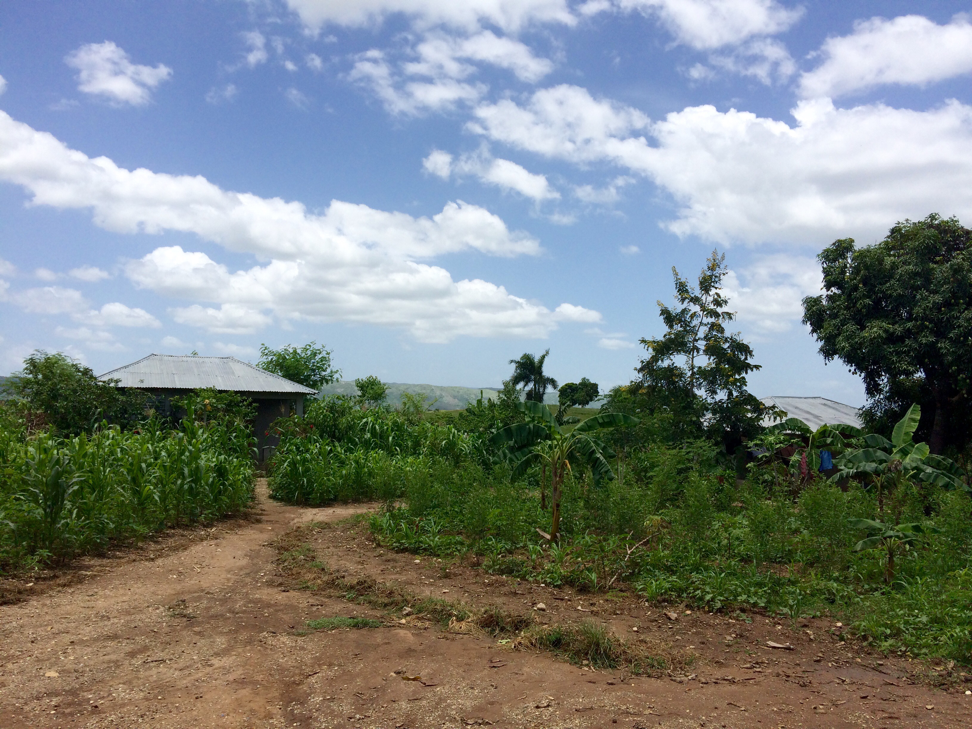
What started as one village eventually grew to six, each with ten households practicing sustainable agriculture. As construction drew to a close, UUSC and a group of Presbyterian churches (the “Atlanta Church Group”), raised money to build a school to serve the many children now living throughout the EcoVillages.
When I traveled to Haiti in June 2016 the then two-year-old school served children from kindergarten through the fourth grade. Because of construction delays and limited space, two grades were sharing a classroom and another was using a storage room for classes. Since that trip, MPP has finished construction on two classrooms, and the school can now accommodate children through the fifth grade without sharing space.
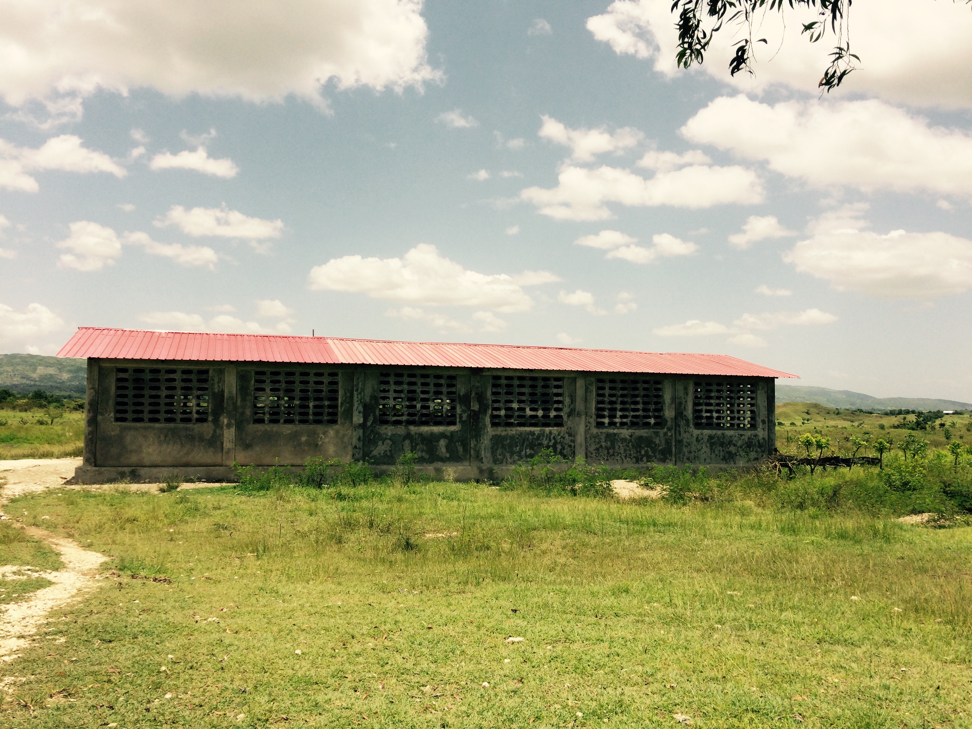
MPP has assured me that I will have ample time to visit with the students and their teachers on this trip. Frankly, I’m just excited to see how this school has continued to evolve—how the kids are learning both basic subjects and sustainable farming techniques. I’m also eager to see the uniforms that the Atlanta Church Group donated and the newly completed cafeteria that makes sure children don’t have to eat their lunch on the ground.
I’ll also be meeting with MPP staff, school administrators, and village leaders to discuss the projects’ sustainability and what more UUSC can do to ensure that the EcoVillages and the school are able to thrive.
It’s important to point out that, in the seven years since we first partnered with MPP, the EcoVillages and the school have faced serious challenges—drought, theft, inflation, growing operating expenses, broken water pumps, an absent national government. There’s no question that much of this work has been difficult and has required faith, patience, and innovation by our partners, their communities, and UUSC. But unlike so many international aid organizations that arrived after the 2010 earthquake, UUSC is committed to the long-term viability of these projects. The EcoVillages and school are models for future development, not reminders of how the Global North has failed Haiti.
Stay tuned!
